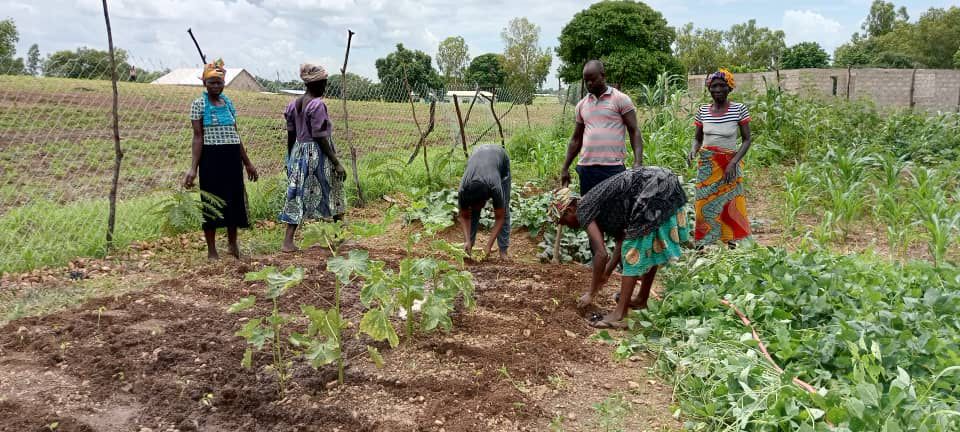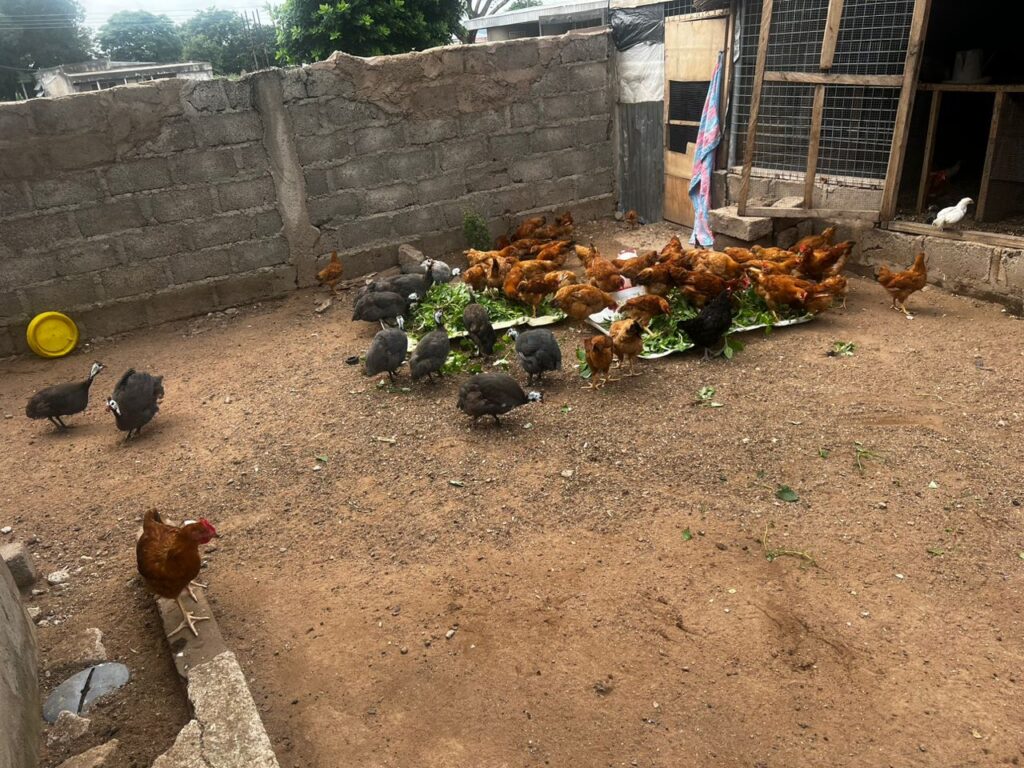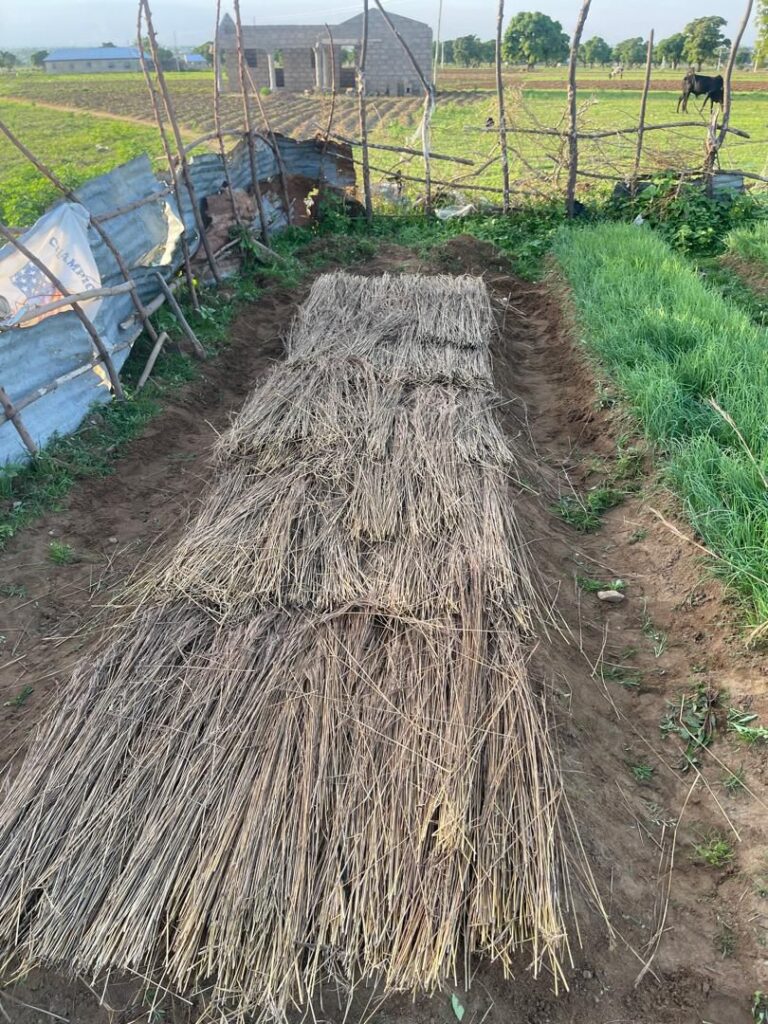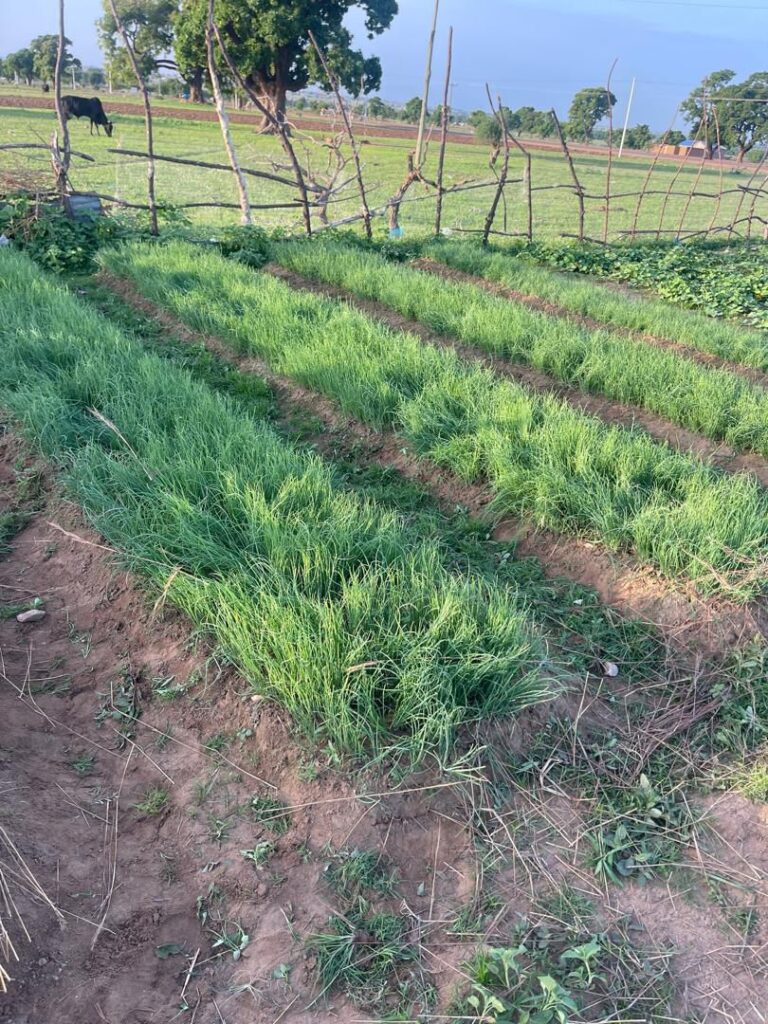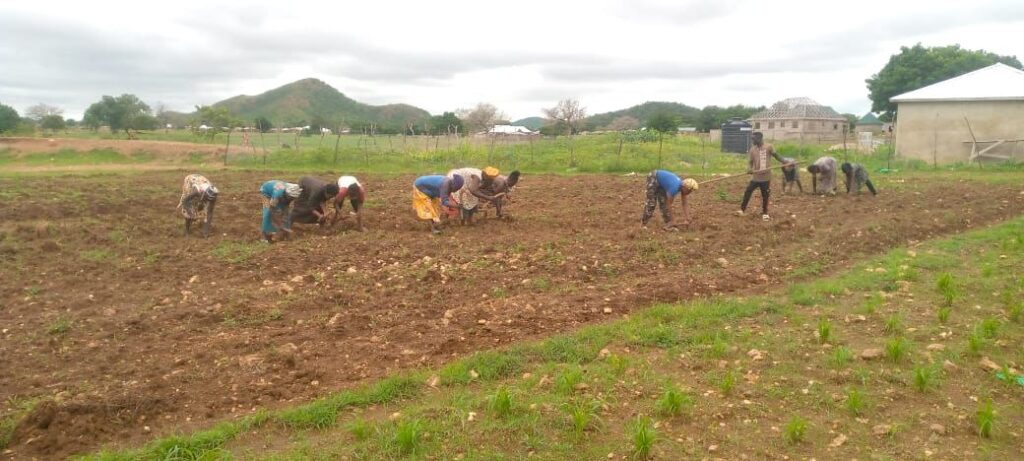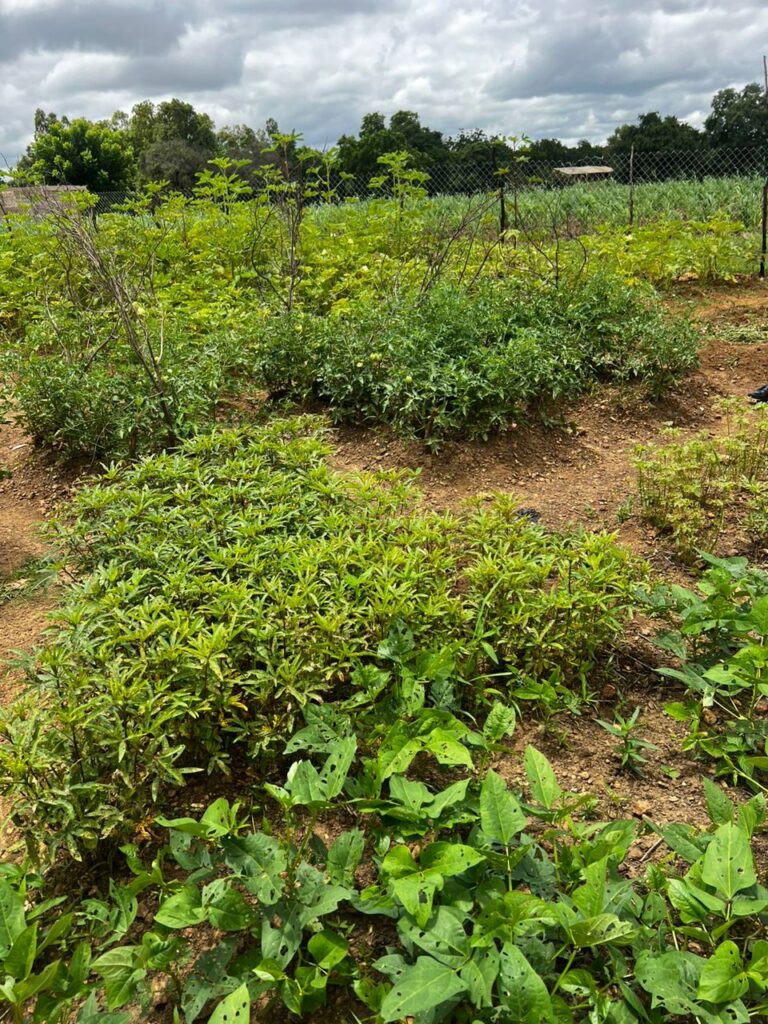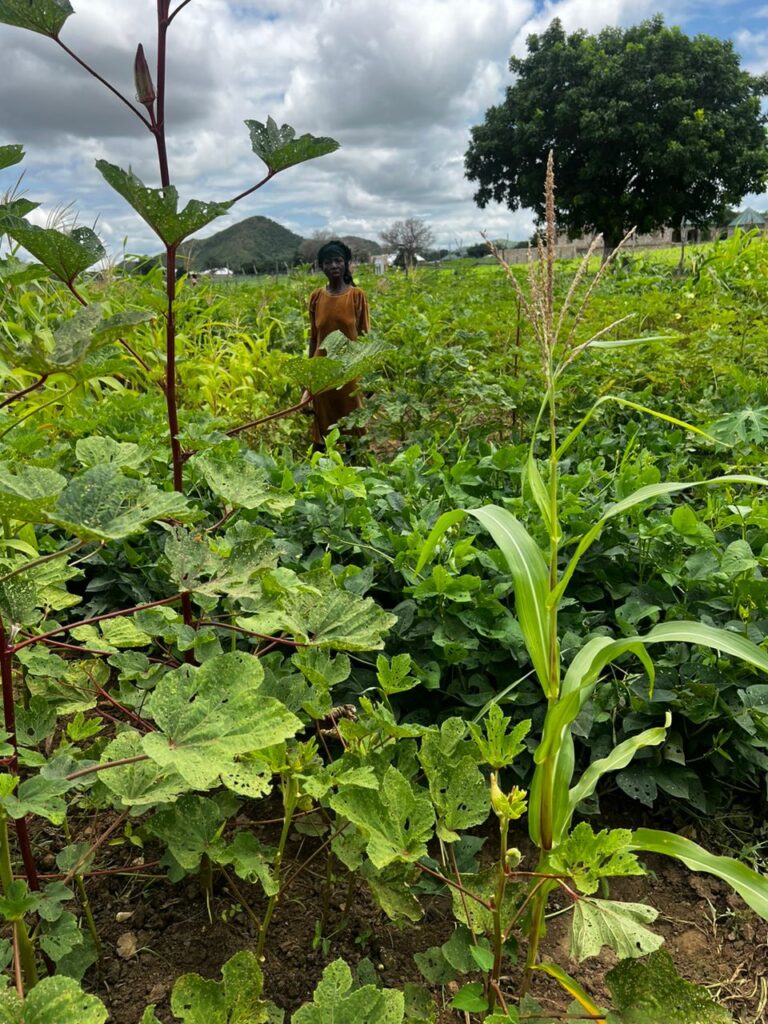In a significant initiative to uplift rural women farmers, a solar-powered and mechanized water system has been introduced to support dry season farming, enhancing their livelihoods. Courtesy of the Forest and Farm Facility (FFF) and with support from the Ghana Federation of Forest and Farm Producers (Ghaffap), this project aims to address the challenges faced by women in accessing reliable water sources during the dry season, a period traditionally marked by limited agricultural activity.
Addressing Water Scarcity
Water scarcity during the dry season has historically limited agricultural productivity, forcing many rural women to reduce or halt farming activities. The introduction of this solar and mechanized water system transforms this challenge into an opportunity, enabling these women to cultivate crops year-round. By tapping into sustainable and renewable energy sources, the system not only ensures a consistent water supply but also reduces the dependency on erratic rainfall and labor-intensive manual irrigation methods.
Enhancing Livelihoods and Food Security
With the ability to farm throughout the year, these women can now produce more crops, diversify their agricultural activities, and increase their income. This initiative significantly boosts food security in their communities, providing a steady supply of vegetables and other produce even during the driest months. Additionally, the economic empowerment gained from increased agricultural productivity allows these women to invest in their families’ health, education, and overall well-being.
Environmental and Economic Impact
The use of solar energy underscores the project’s commitment to environmental sustainability. By harnessing clean energy, the initiative reduces carbon emissions and promotes the use of green technology in agriculture. Furthermore, the mechanization of water distribution reduces the physical burden on women, allowing them to focus more on other aspects of farming and community life.
Community and Organizational Support
This project is a testament to the power of collaboration between local organizations and international partners. FFF and Ghaffap’s support demonstrates a commitment to gender equality and sustainable development. The initiative also provides training and technical support to ensure the women can manage and maintain the water systems effectively, fostering a sense of ownership and sustainability within the community.
Conclusion
The introduction of solar-powered and mechanized water systems for dry season farming is transforming the lives of rural women farmers, providing them with the tools and resources needed to thrive in a challenging environment. This initiative not only enhances their agricultural productivity but also promotes sustainability, economic empowerment, and improved livelihoods, laying the foundation for a more resilient and prosperous future for these communities.

